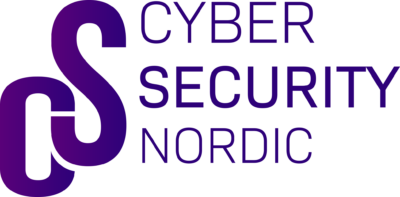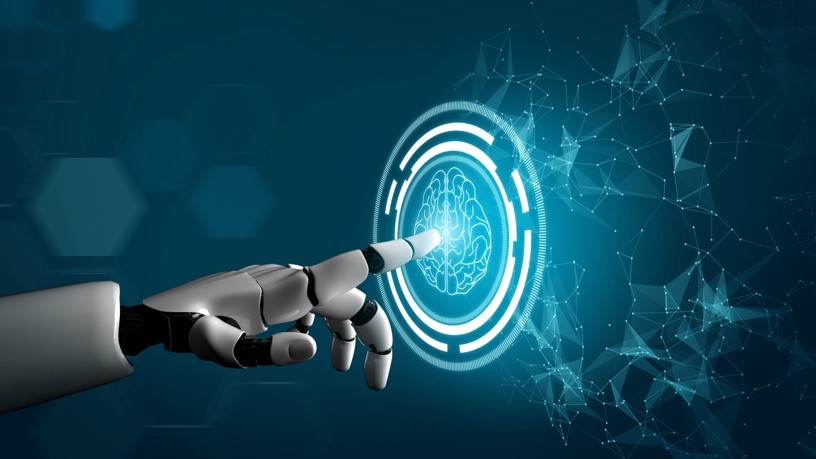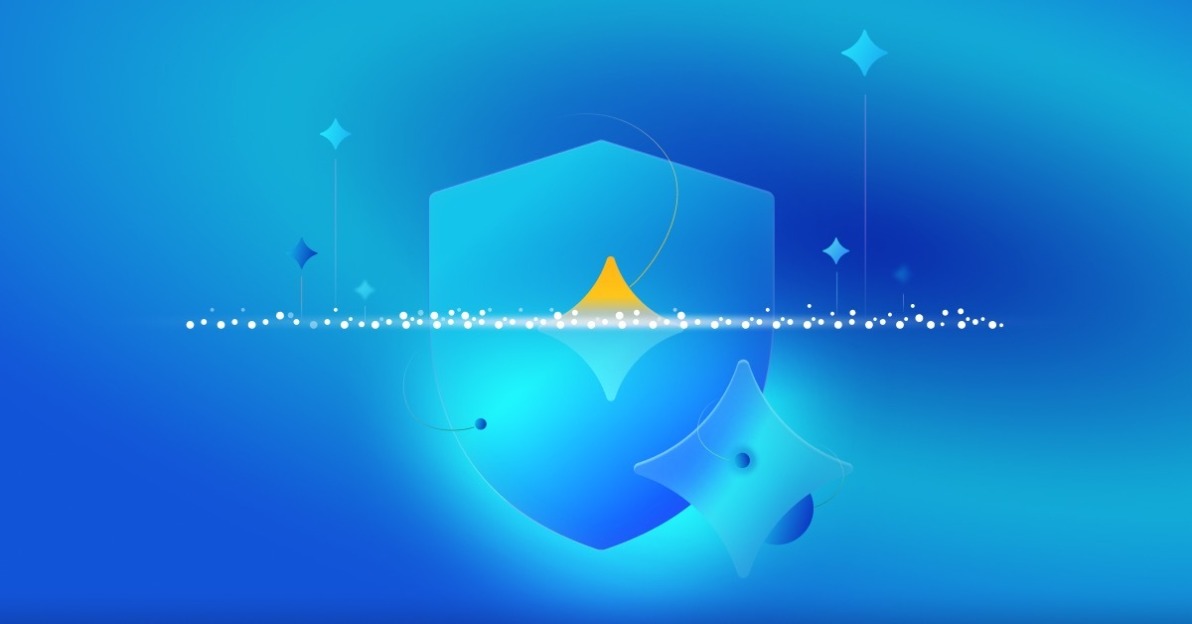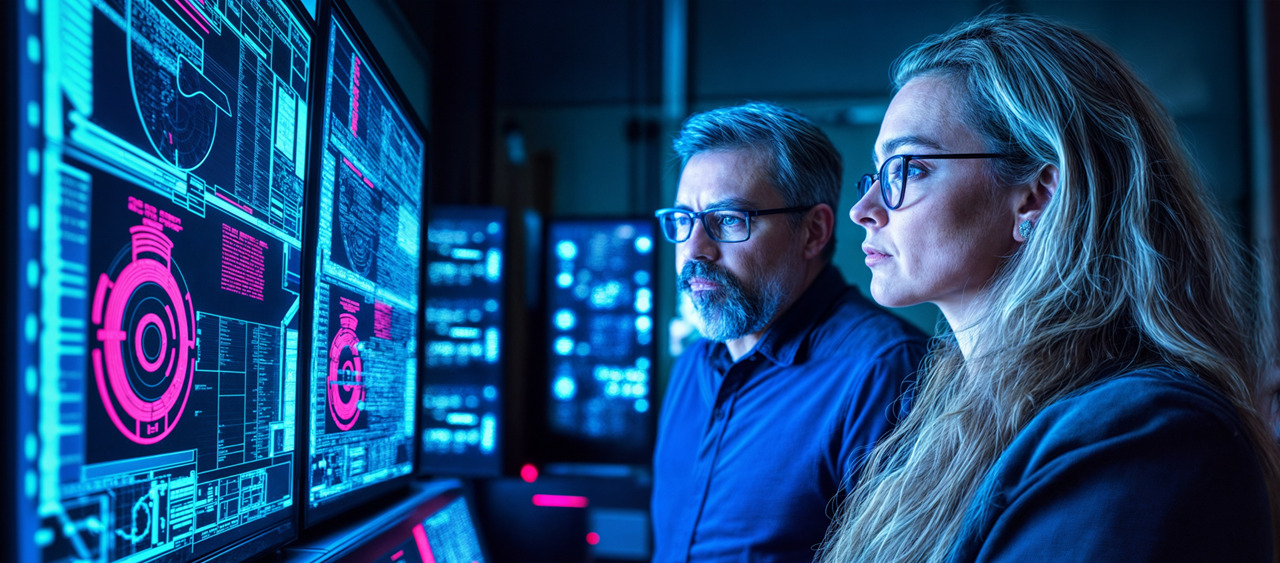Modern challenges require modern solutions
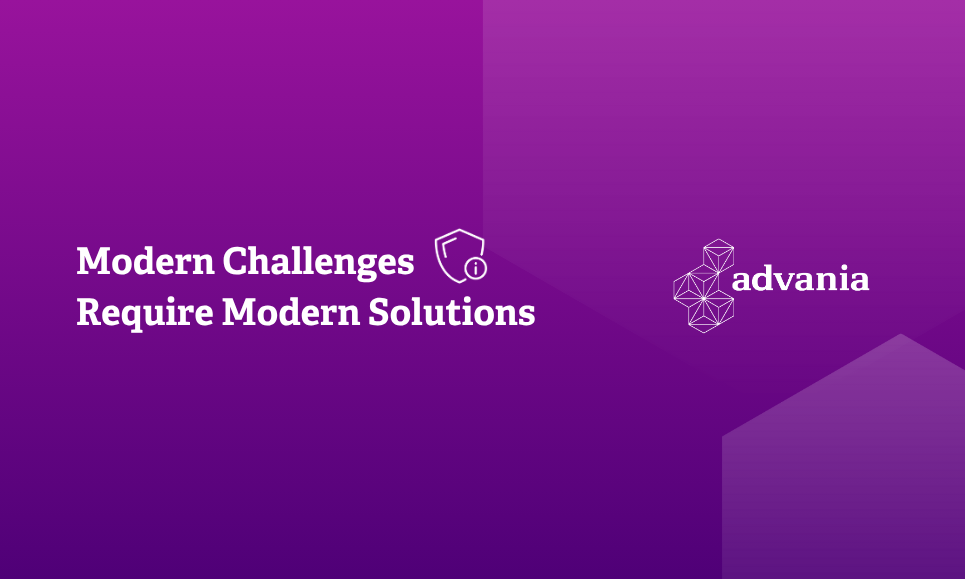
In a world of constant change, organisations face an ever-evolving landscape of cybersecurity challenges. Traditional approaches are no longer sufficient, and many organisations struggle with balancing flexible work and cybersecurity. Modern developments, such as cloud adoption, remote work, and BYOD policies, have increased efficiency but also expanded the attack surface significantly. This in turn has been a driver in creation of modern cybersecurity technologies for preventing breaches, securing environments and investigating attacks. This however is not enough to solve our modern challenges. Training, roles, and processes are essential.
Technology Alone Is Not Enough
While modern tools such as platforms (especially AI powered ones) offer cutting-edge capabilities, they are ineffective when deployed in isolation. Technology cannot compensate for undefined processes, unclear responsibilities, or a lack of skilled personnel. It’s only a tool and tool is only as useful as the person using it is capable. We have to be able to view things more holistically. Thus, to counter modern threats we require resilient processes, clear role definitions, and most of all strategic thinking balancing security, agility, and adaptability.
This means
- clearly defining roles and accountability
- planning our cybersecurity processes to be scalable and repeatable and
- integrating people, processes, and technology into a full, strategic operating model.
When all these elements are aligned, we can unlock the full potential of modern cybersecurity solutions and respond confidently to emerging threats, both known and unknown.
Evolving Roles for Evolving Threats
The main goal should always be to minimize ambiguity. Clear role definitions are critical as without them we run into a danger of delays and errors, both of which are unacceptable in high-stakes situations such as ransomware or denial of service attacks. Roles and people performing them must also evolve with the threat landscape. Security analysts now make use of AI-generated intelligence, requiring understanding of how AI-tools work.
Also, security is no longer an IT-only job. With shifting regulation, legal and governance departments have much higher role in ensuring compliance. Organisations must be able to shift from static job descriptions to competency-based frameworks promoting adaptability, collaboration across different roles and, most of all, continuous learning through upskilling.
Upskilling for Cybersecurity Readiness
Upskilling workers capabilities not only reduces risks but also fosters a proactive, innovative workforce. This should be on the agenda of every organization interested in keeping its operating environment safe. A modern upskilling strategy includes:
- Role-specific training on current technologies
- Cross-functional learning across departments
- Training in modern frameworks such as zero trust and secure software development and
- Support for relevant certifications.
To ensure efficiency, in addition to latest knowledge and skills, people behind these roles need to have proper, well-defined processes to guide their work.
Resilient Processes to Remove Guesswork
Processes are the backbone of every cybersecurity strategy as they ensure consistency and operating capabilities under pressure. However, our processes must be able to adapt to the fast-changing threat landscape. As a concrete example, incident response playbooks that include regular reviews and simulated test scenarios help security teams stay ahead of threats without sacrificing operational efficiency.
This doesn’t mean that technology implementation processes aren’t equally important. Whether deploying point-solutions (such as endpoint detection and response systems) or adopting full-on zero trust architecture, streamlined and controlled implementation minimises disruptions and maximises gained value. After all, we still need the technical capabilities to perform the tasks defined in our processes.
Conclusion
Modern challenges require modern solutions that go beyond technology. Resilient organisations combine adaptable processes, clear roles, and a culture of continuous learning to build robust defences. Best organisations make use of modern frameworks, such as zero trust policies, to build secure and adaptable working environment.
By embracing innovation, collaboration, and upskilling, organisations protect their assets and empower teams to meet future challenges. Success in cybersecurity is not just about reacting to threats—it’s about building the flexibility, skills, and systems to secure the future.
In a world of constant change being able to adapt means being able to defend. Modern challenges demand nothing less and we’re here to answer that call to action.

Lead Security Service Architect, Advania Finland
https://www.advania.fi
